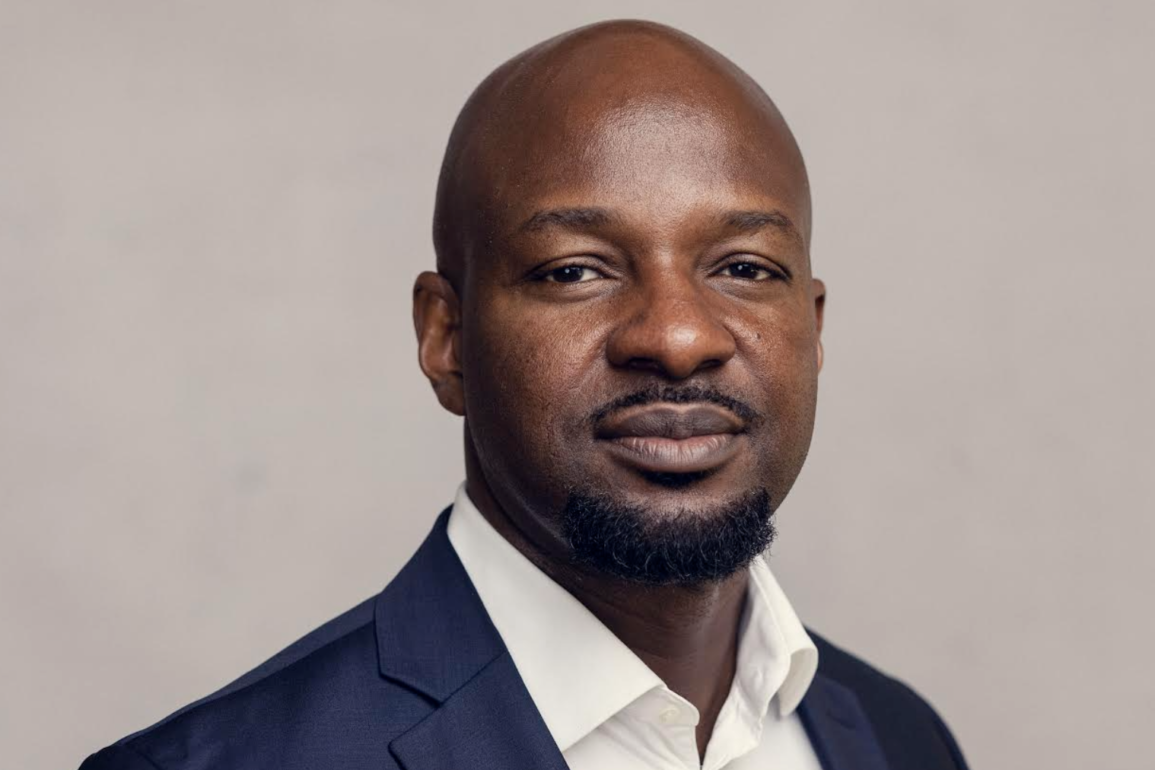Google today announced a new set of investments in Africa, reaffirming its nearly two-decade commitment to the continent’s digital transformation.
The announcements sound ambitious: four strategic subsea cable connectivity hubs, free one-year AI Pro subscriptions for students, and $9 million in new funding for African universities and research institutions.
But questions remain. Can four hubs across such a vast continent meaningfully close the connectivity gap? Will a one-year AI subscription be enough to sustainably equip students? And is $9 million sufficient when measured against Africa’s rapidly growing research and infrastructure needs?
Connectivity remains one of the biggest barriers to Africa’s digital economy. Google says the hubs will create new digital corridors within Africa and between Africa and the rest of the world, deepening resilience and spurring growth.
It follows earlier investments such as the Equiano subsea cable and Umoja, the first fiber optic route directly connecting Africa with Australia. But while Google claims its projects have already enabled 100 million Africans to access the internet for the first time, nearly 600 million people across the continent still remain offline.
“Africa’s digital economy holds immense potential, and it will be driven by the talent and ingenuity of its next generation. Today’s announcements, spanning AI education, advanced tools for students, and expanded connectivity, are a unified investment into the upward trajectory of the continent,” said Alex Okosi, Managing Director for Google in Africa in a press statement. “We are committed to providing the foundational infrastructure, the cutting-edge tools, and the financial support necessary for Africa’s youth to innovate, lead, and build a thriving digital world.”
On education, Google is offering free one-year AI Pro subscriptions to college students in select countries including Egypt, Ghana, Kenya, Morocco, Nigeria, South Africa, Rwanda, and Zimbabwe. These tools, such as Deep Research and Gemini 2.5 Pro, could give young Africans access to advanced technology for assignments and research. Still, questions linger: what happens after the free year ends? How many students will actually have the hardware and internet speeds needed to take advantage of these tools?
Similarly, Google’s pledge of $9 million for African universities adds to the $17 million it has already committed over four years. Yet, considering the scale of Africa’s university system and the cost of AI research infrastructure, this amount in negligible to move the needle.
Google’s long-term investment in Africa is undeniable. The company has pledged $1 billion, trained more than 7 million people, and supported 153 startups from 17 African nations. But with Africa’s population projected to hit 1.7 billion by 2030, the real test may be whether these announcements are incremental gestures, or transformative commitments.




